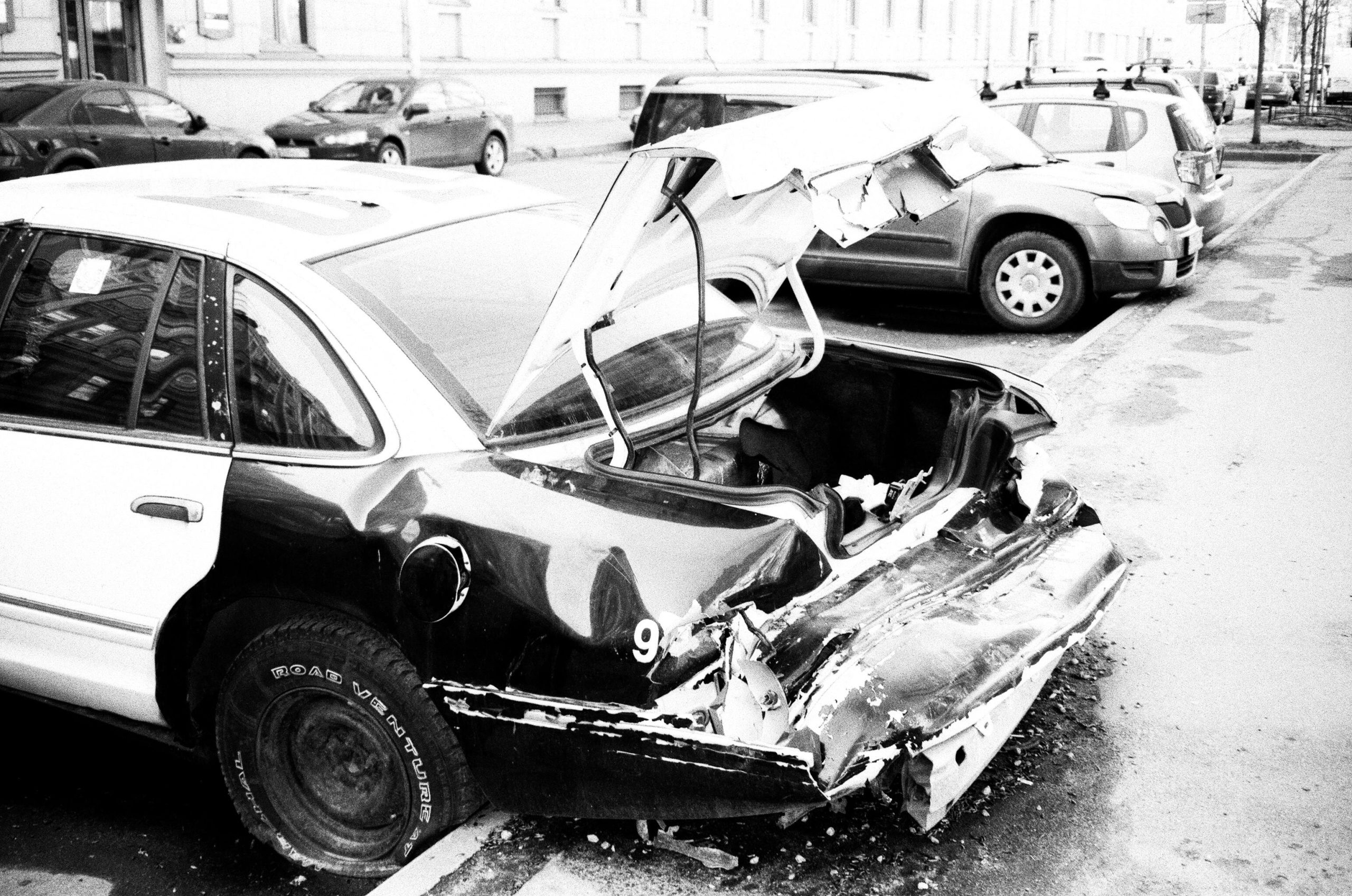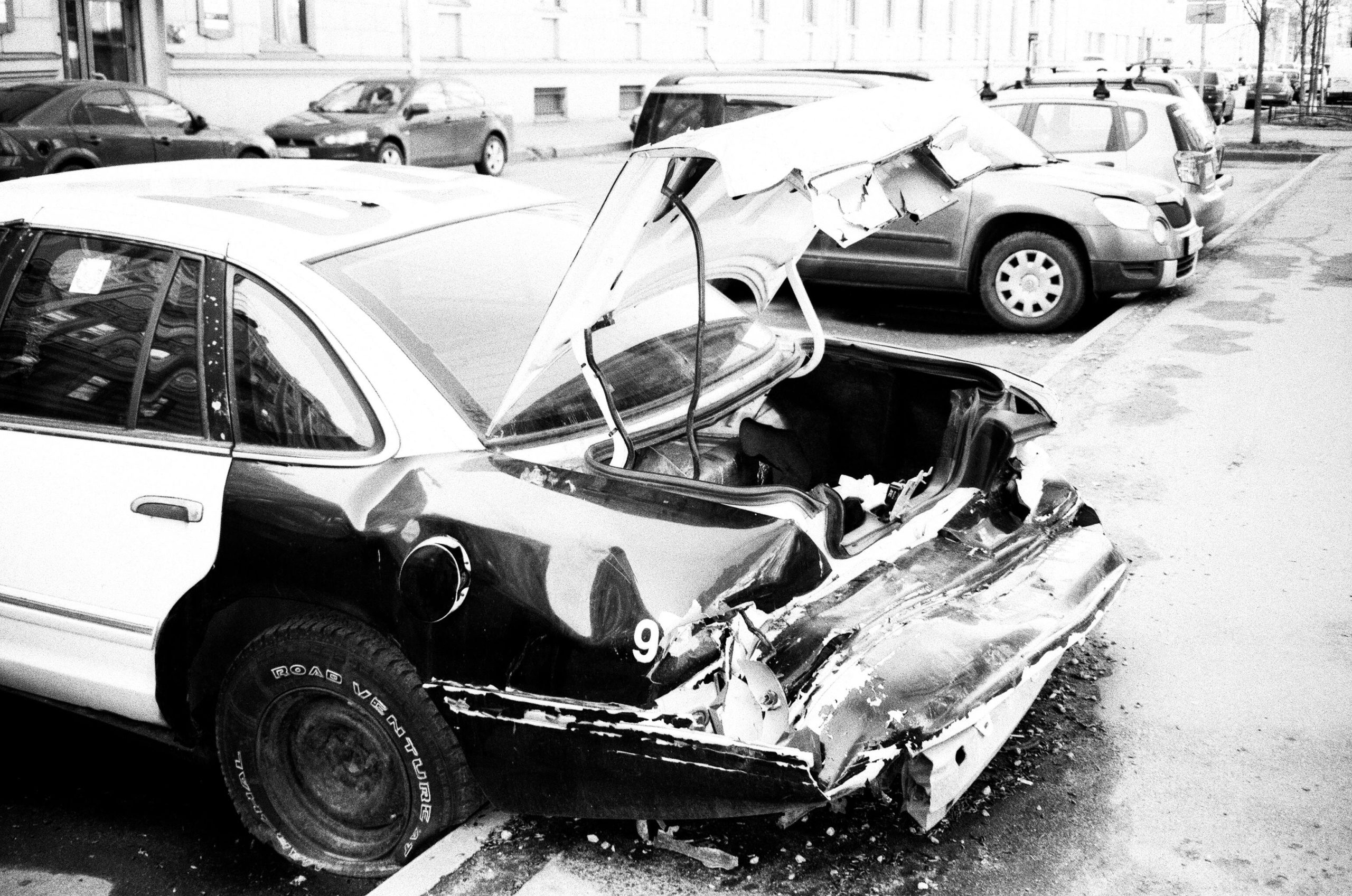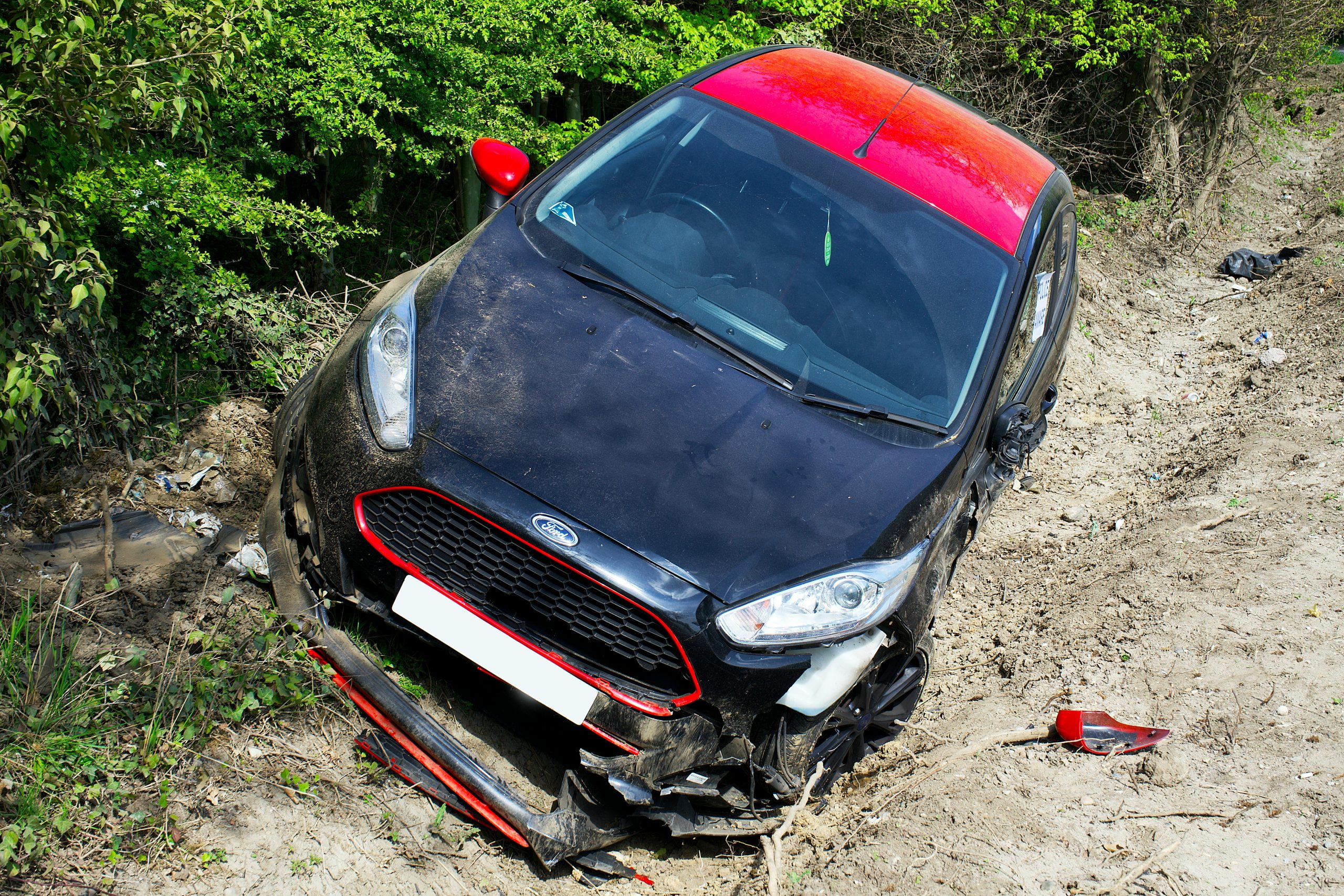 The following case revolves around the intersection of farming and infrastructure development, and the legal implications when construction activities impact agricultural land.
The following case revolves around the intersection of farming and infrastructure development, and the legal implications when construction activities impact agricultural land.
Case Background
Lanie Farms, a sugarcane and soybean farming operation, sued CLECO Power and its contractor, Highlines, for damages caused during the construction of new power lines across the farmland. Lanie Farms claimed that the construction activities damaged their crops and required costly remediation efforts. The trial court ruled in favor of Lanie Farms, awarding them $38,000 in damages. However, Lanie Farms appealed, arguing the award was insufficient. CLECO and Highlines also appealed, claiming the court should have dismissed the case.
 Insurance Dispute Lawyer Blog
Insurance Dispute Lawyer Blog


 In a poignant reminder of the potential consequences of attorney negligence, the
In a poignant reminder of the potential consequences of attorney negligence, the  A recent ruling by the
A recent ruling by the  A recent ruling from the
A recent ruling from the  A recent
A recent  Patricia Spann’s life took a dramatic turn when she lost control of her Chevrolet Cobalt, resulting in a severe accident that left her with multiple fractures and a lengthy hospital stay. She believed the cause of the accident was a faulty power steering system, recently replaced by Gerry Lane Chevrolet as part of a recall. Spann sued Gerry Lane, alleging negligence in the repair and the hiring and training of their mechanics.
Patricia Spann’s life took a dramatic turn when she lost control of her Chevrolet Cobalt, resulting in a severe accident that left her with multiple fractures and a lengthy hospital stay. She believed the cause of the accident was a faulty power steering system, recently replaced by Gerry Lane Chevrolet as part of a recall. Spann sued Gerry Lane, alleging negligence in the repair and the hiring and training of their mechanics.